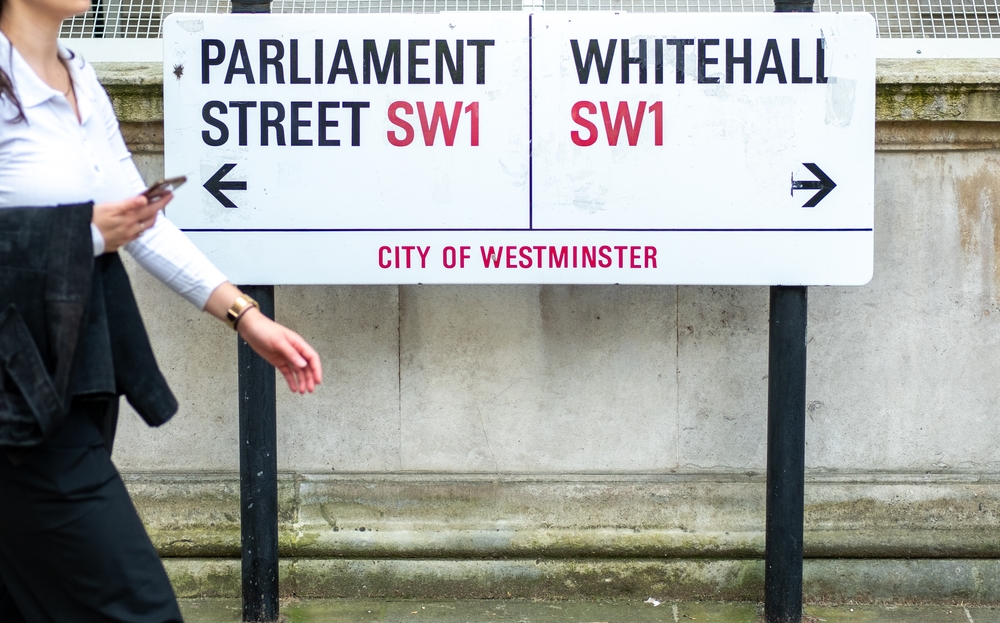
The government's spending review mixed big ideas with short-term pressures. Editorial credit: William Barton, via Shutterstock.
Chancellor of the Exchequer Rachel Reeves last week outlined the first spending review conducted by a Labour government in over a decade.
This was not a fiscal event, Labour was at pains to stress. Yet it very much felt like one. By the time Reeves retook her seat on the front bench, billions of pounds in funding had been committed to infrastructure, defence and housing. Other key departments meanwhile found their budgets cut in real terms.
There is no doubt the implications for British businesses were immense. The question is whether Labour’s spending review represented a step forward or an opportunity to inject real momentum into the economy squandered.
Bold headlines mask fraught choices
On the face of it, you could be mistaken for thinking the following measures could only be made possible by an economy firing on all cylinders:
A 3% boost to the NHS budget;
£39bn for affordable homes over the next decade;
Transport infrastructure spending up by 3.9%;
Additional funding for green energy and energy-efficient housing projects.
These commitments are impressive, but since growth has been modest for some time, they come at the cost of other priorities and departments. And given the UK’s fiscal headroom is about the size of a cigarette paper, currency experts viewed these measures with not a little trepidation. Memories of overzealous fiscal events are hard to dispel, after all.
The government has already been forced to find money behind the sofa for defence. Meanwhile, its frantic negotiations with American trade envoys have yielded a reduction to tariff rates for the steel and aerospace sectors but little else. Funding is being squeezed from all sides. There is a risk that economic growth takes too long to appear, and that any well-intentioned strategy plays second fiddle to current shocks.
Jam tomorrow
Listening to the economic commentariat, the common view of the spending review is that it prioritised long-term growth over quick wins. According to Rain Newton-Smith, Chief Executive of The Confederation of British Industry (CBI), the spending review “signals a downpayment on hardwiring the growth mission into government priorities”.
This is admirable considering the pervasive grip that short-termism has held over British politicians for decades. However, few business leaders will be jumping for joy until they see these policies tangibly improve their bottom lines.
Money for infrastructure and construction projects are likely to be the biggest drivers of growth, particularly in areas and regions historically overlooked by Westminster. There is a sound economic basis for expecting these measures to yield benefits down the line. Sometimes though, politics doesn’t work that way and the business community will be hungry to see results.
Strategic thinking pays off
As a risk-averse financial institution, it’s in our blood to applaud any efforts to elevate strategy over short-termism. Generally speaking, planning for the long term is far more preferable than relying on last gasp, back-of-a-receipt calculations.
The same goes for your treasury requirements. Ignore the experts – nobody knows what the future will bring. Currencies and markets will rise and fall, but a strategic roadmap allows your business to gain certainty and avoid common pain points like strained cashflow, internal inefficiencies and a lack of decision making insights.
For this reason, we would strongly advise you to speak with our account management team. Their expertise can help you plan and implement the right plan for your business. Unlike with other providers, you’ll get the personal touch of a treasury professional invested in your long-term success, not just a short-term profit.
Request a call back to see how our treasury management expertise could embed long-term, strategic improvements into your operations.

 020 7898 0500
020 7898 0500
